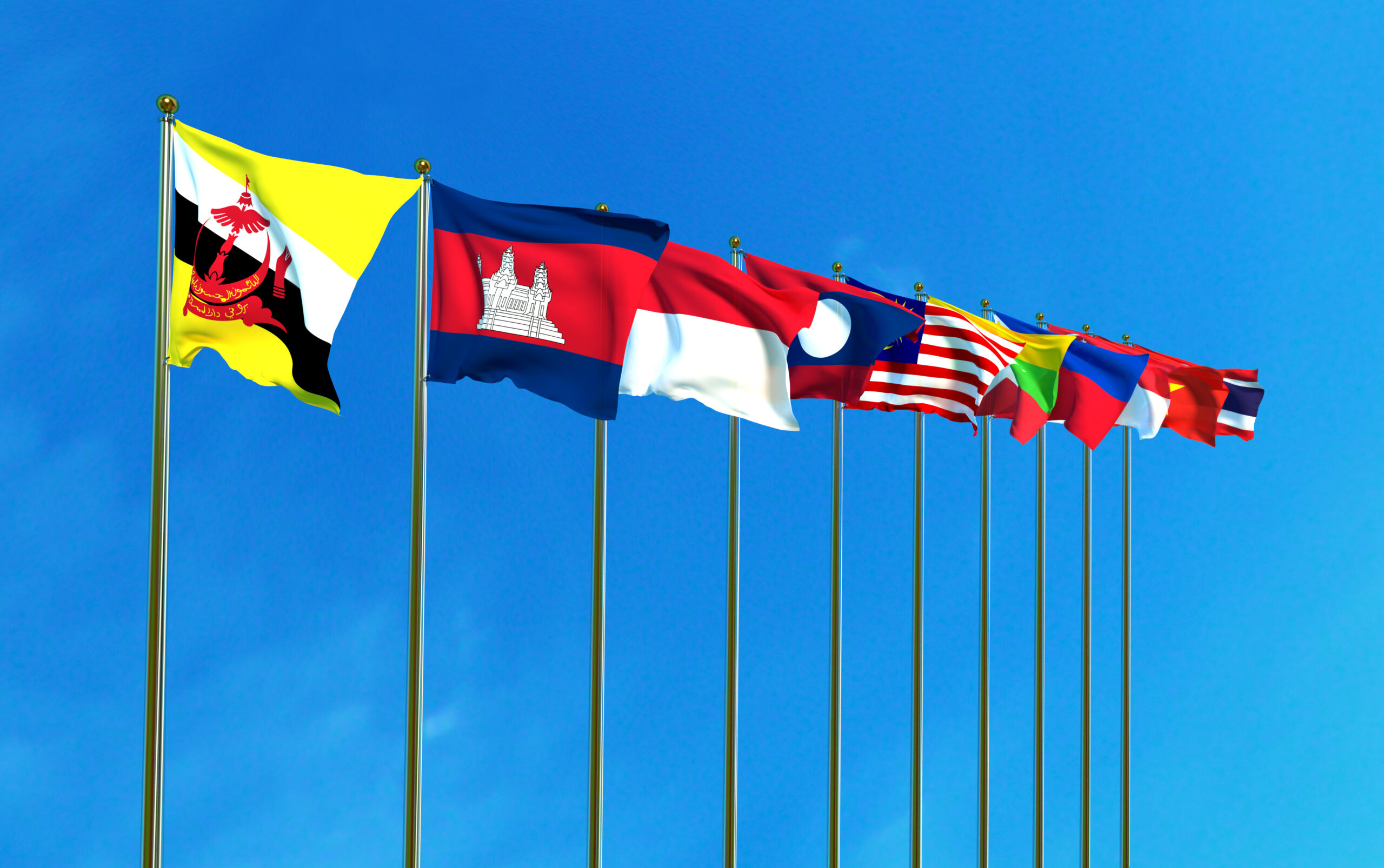Rethinking your diversification strategy? Look no further than ASEAN


By Chow Wan Thonh, Head of Global Banking, Singapore, Indonesia and ASEAN Cluster Markets, Standard Chartered Bank
It’s been a challenging few years for companies operating internationally. Trade barriers have increased due to disruptions such as the US-China trade dispute and the UK withdrawal from the European Union. And now the COVID-19 outbreak is putting pressure on global supply chains and consumer confidence, with serious consequences for economic growth.
For 2020, Standard Chartered economists forecast the ASEAN-6 economies (Indonesia, Malaysia, Philippines, Singapore, Thailand and Vietnam) will contract 1.7 per cent, due to the heavy impact of the pandemic on key sectors including manufacturing, transport, and tourism-related industries.
These disruptions demonstrate that for companies of all sizes, planning and implementing a diversification strategy is even more relevant today. Diversification could mean expanding into an overseas market that you have long considered but are yet to act. The economic recovery from COVID-19 will take time and the pace of recovery will differ, so it’s important for companies to invest in diverse markets to leverage the available resources and opportunities.
Adapting your business strategy to align with the new normal is another form of diversification. For example, this could be a good time to contemplate new, strategic partnerships that could offer fresh insights and synergies to your business.
Moving from a place of competition to collaboration allows for greater innovation, new scalable solutions, and increased market opportunities. Partnering the right business sends a strong message on the way forward as organisations come together to build resilience and sustainability.
A partnership also opens the door to enhanced client insights and better customer engagement. After all, the pandemic is changing the way business is conducted and how customers engage with companies. Now is the time to proactively adapt business offerings to an ever-changing customer base.
For companies considering their strategies in the wake of the virus outbreak, ASEAN stands out as an investment destination especially as governments in the region have announced various economic stimulus plans to support growth. For instance, the Singapore government has unveiled stimulus packages totalling more than SGD90 billion (USD65 billion), equivalent to almost 20 per cent of GDP, focused on helping workers upkeep their jobs and supporting corporates in getting access to credit, as well as targeted relief for hard-hit sectors like aviation and tourism.
Notably, even with the economic impact of COVID-19, Asia will continue to dominate global growth in the near future. ASEAN, in particular, is attractive thanks to its big, domestic markets, social and technological infrastructure, and relatively steady growth. Standard Chartered economists forecast ASEAN GDP growth to rebound to 6.4 per cent in 2021.
A key reason ASEAN is well positioned to recover from the pandemic is the experience and expertise governments have accumulated over recent decades from managing past periods of turmoil such as the Asian Financial Crisis. Consequently, the region’s leaders have long focused on encouraging foreign direct investment (FDI) and growing intra-ASEAN trade – a positive trend from which foreign multi-national companies and mid-corporates from the region can benefit.
For example, FDI into ASEAN increased for the third consecutive year in 2018, reaching an all-time high of USD155 billion while the region’s share of global FDI inflows grew to 11.5 per cent.¹ Importantly, ASEAN remained the largest investor for the region recording intra-regional FDI inflows of USD25 billion in 2018, accounting for 16 per cent of total FDI inflows. Singapore, Thailand, and Malaysia continue to be the top intra-ASEAN investors.
Intra-ASEAN M&A activities in sectors from manufacturing to real estate rose for the second consecutive year in 2018, with the number of deals more than doubling to 95 (worth a total of US$992 million) from 2016².
Underpinning the intra-region’s strong investment growth are regulations that encourage the ease of movement of goods, services and people. While the region will continue to stay attractive to ASEAN businesses, its appeal will be further enhanced through the anticipated launch of the Regional Comprehensive Economic Partnership (RCEP) this year³. A pact between the ASEAN and its key Free-Trade Agreement partners, the RCEP will grant greater market access to trade and services as well as provide a common set of rules for intellectual property.⁴
Economic pacts such as these will only grow in importance as the disruptions of recent years highlight the vulnerability of supply chains. A cut-off in supply of any one component can paralyse manufacturing processes. According to Standard Chartered research, global value chains are giving way to increased regional trade, in which ASEAN has already emerged an important bloc.⁵
As the world works together to combat COVID-19 and governments unveil stimulus packages to jumpstart economies, adapting business models to changing environments is critical to growth and employment. To succeed, companies large and small need to ensure diversification is a key pillar in the strategy of the future. Only by capturing the opportunities from enhanced diversification can companies remain resilient and continue to power ASEAN’s growth.
¹ ASEAN Investment Report 2019, The ASEAN Secretariat and United Nations Conference on Trade and Development
² ASEAN Investment Report 2019, The ASEAN Secretariat and United Nations Conference on Trade and Development
⁵ Standard Chartered, COVID-19 – Impact on global supply chains, 5 May 2020